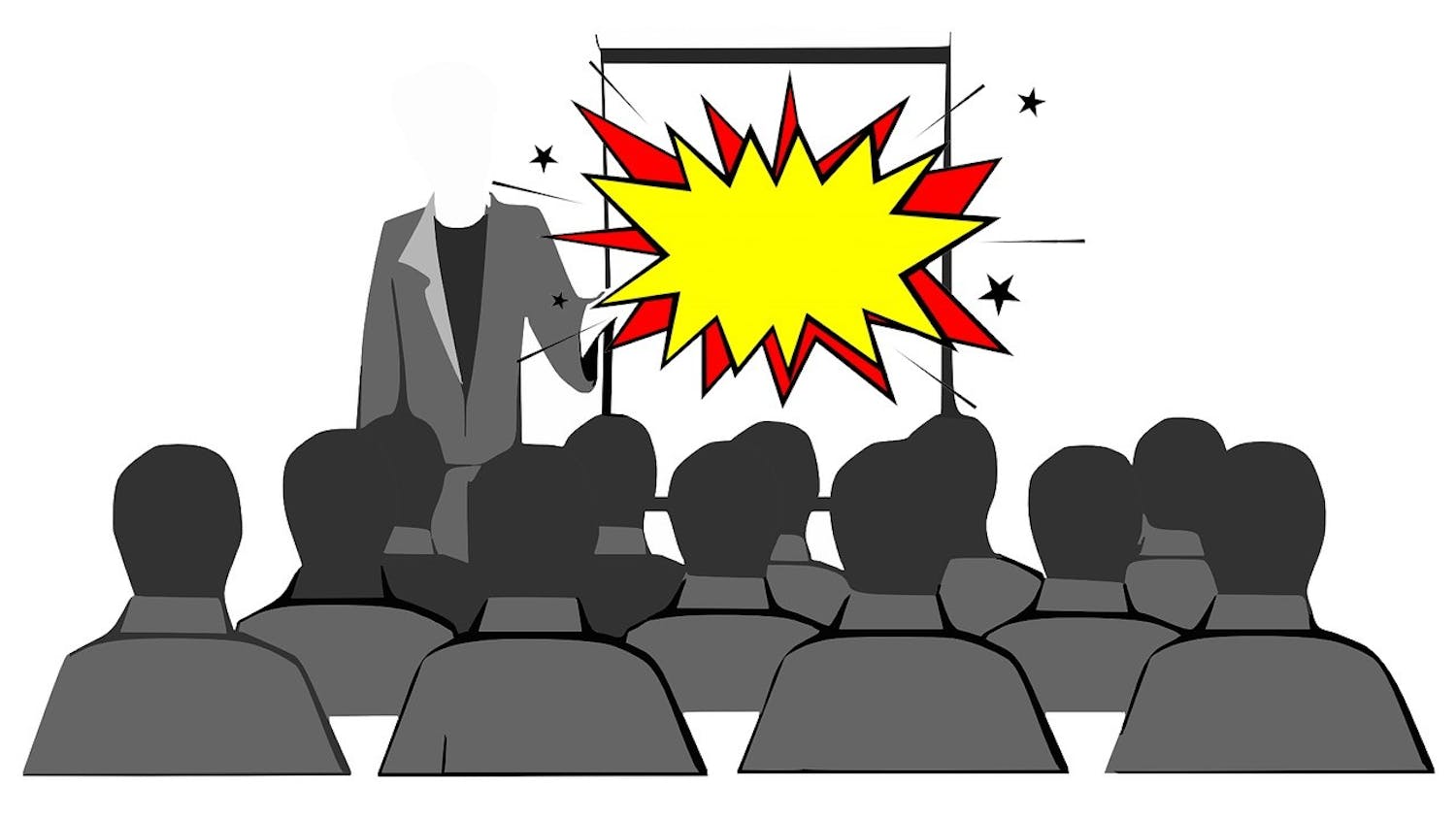At the behest of a friend, I recently watched the sequel to “To All the Boys I’ve Loved Before” on Netflix. Titled “To All the Boys: P.S. I Still Love You,” I found that even though I didn’t think the movie was particularly good, I still managed to find a kernel of satisfaction in watching it.
It was corny, silly, predictable and not particularly well-written or acted; yet still, it managed to relieve some of the dreariness of the horrible human condition that is being on campus at Dartmouth in winter. I kept wondering what could account for my enjoyment of a movie that I couldn’t even defend to myself — but then it dawned on me:
I really, really miss romantic comedies. Yes, rom-coms. That beautiful genre of film that effortlessly combines two of the best elements of life — humor and love. While I can’t applaud “To All the Boys: P.S. I Still Love You” for any of its technical merits, I do applaud it for awakening in me the need to find an answer to a burning question: Where have all the romantic comedies gone?
It doesn’t seem that long ago that they were everywhere. In the early 2000s, it seems like one would come out each week, and that they were good, too. Movies like “10 Things I Hate About You,” “Forgetting Sarah Marshall,” “Wedding Crashers,” “Love Actually” and many more were cultural titans between the late 90s and 2010. The rom-com — with its familiar but ever-comforting formula where two characters meet, overcome some obstacle or misperception, realize their love for one another and reunite — was a regular presence in the Western zeitgeist year after year for decades, and now it’s hard to name a single recent one of note beyond maybe “Crazy Rich Asians” in 2018. Sure, “Crazy Rich Asians” and a few other recent examples like “Long Shot” in 2019 and the mass of mediocre Netflix originals are evidence that the genre isn’t completely dead, but there’s no denying that it’s been gravely wounded in the past decade.
As it turns out, there are a few reasons that account for this trend. The first, and likely the most significant, is the rise of the superhero movie. Since 2010, there has been a marked increase in the number of major-studio wide releases of superhero movies, from three in 2010 to five in 2017, with 2014 representing a high-water mark of eight. At the same time, the number of rom-coms that got major-studio wide releases has dropped drastically, from a high of nine in both 2010 and 2011 to zero in 2017. According to Business Insider writer Jason Guerrasio, this is because studios realized that superhero movies were more profitable and, importantly, they made money overseas, which rom-coms often don’t. Guerrasio also quotes Billy Mernit, author of “Writing the Romantic Comedy,” who noted that because of the change in dating culture caused by the advent of dating apps, and because major studios refused to produce rom-coms that reflected this change, “The target audience, the twenty-somethings and above, just no longer related to that kind of a movie and yet the studios seemed to be tone deaf to that change.”
There are also a multitude of other, smaller reasons why we don’t see as many rom-coms nowadays as we used to. One reason is that the form has migrated from more prominent modes of presentation, like big-studio releases, to more localized forms, like television — where it takes the shape of the thousands of rom-(sit)coms that have always been popular on the airways. “Friends” is an example of one of the most successful older network rom-(sit)coms but, in recent years, shows like Hulu’s “The Mindy Project” and HBO’s “Insecure” prove that the genre is still going strong even in the age of streaming, even if the rom-(sit)com differs greatly from the traditional rom-com as a result of their respective mediums.
Some have also claimed that the genre is heteronormative and sexist, and that their prevalence is a product of a bygone era. This is a fair criticism when you look at the wide catalog of stereotypical rom-coms that seem to reinforce the idea that every independent, career-focused, working woman is secretly in need of a man, but I think that’s a reason why we need more rom-coms, not less. The best rom-coms have always been the ones that have played with the conventions in interesting ways, such as “500 Days of Summer,” with its unique storytelling style, or “10 Things I Hate About You,” with its successful transposition of Shakespeare’s “The Taming of the Shrew” into the modern era. These movies still follow the basic formula I listed above, but subvert certain parts of it or frame it in a way that makes them unique and memorable. The ball is in the court of modern rom-com writers to alter the conventions in a way that fix the issues of the genre — whether it be increased representation or more multifaceted portrayals of women — and for audiences to respond with their dollar as to what they think works and what does not. It’s not that the genre is inherently problematic, it’s that no one has come up with a good idea for one that’s in touch with modern audiences in far too long.
This is all to say that the rom-com, sadly, is not likely to ever return to the position of prominence in American culture it once enjoyed. It’s been replaced by tent-pole franchises such as Star Wars and the Marvel Cinematic Universe and has joined the ranks of other genres that had their time like the Western and musical. Will it ever see a renaissance? Mernit believes that the golden age of rom-coms is gone for good, but stipulates that “the romantic comedy genre will never die because whether it’s lesbian lovers, a threesome, or a girlfriend in a coma, we are still interested in seeing those stories,” and that he doesn’t see that ever going away.
As much as I think they’re great films, I’m sick of the more serious romance films of the past few years. Yes, I love “Call Me By Your Name,” “Moonlight” and “A Star is Born,” but sometimes I don’t want something so heavy. Often, I just want to be comforted with cheesy lines, a few well-earned laughs and a feel-good overly simplified message of love’s ability to conquer all. At their worst, rom-coms provide at least a modicum of satisfaction, like with “To All the Boys: P.S. I Love You,” but at their best, they instill within us a powerfully optimistic message of the power of human connection, and that’s something we should hold on to.



